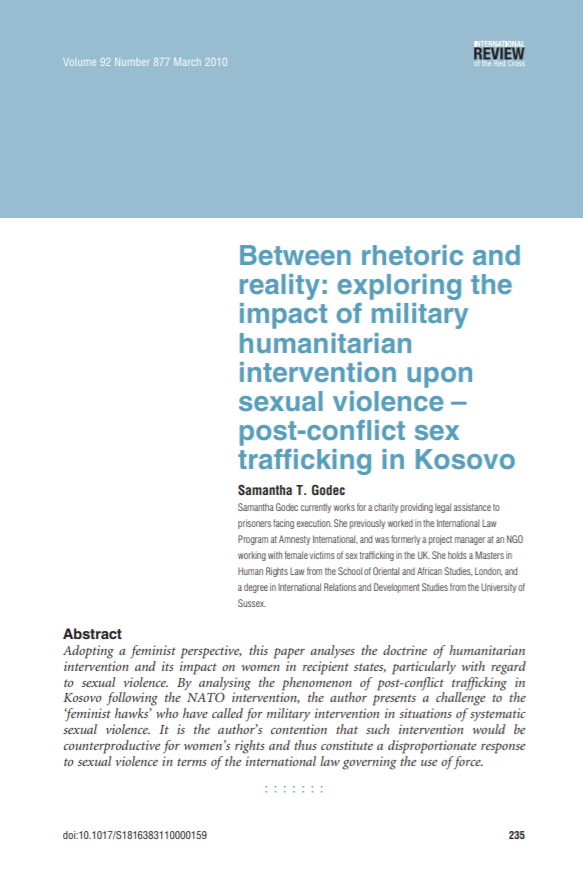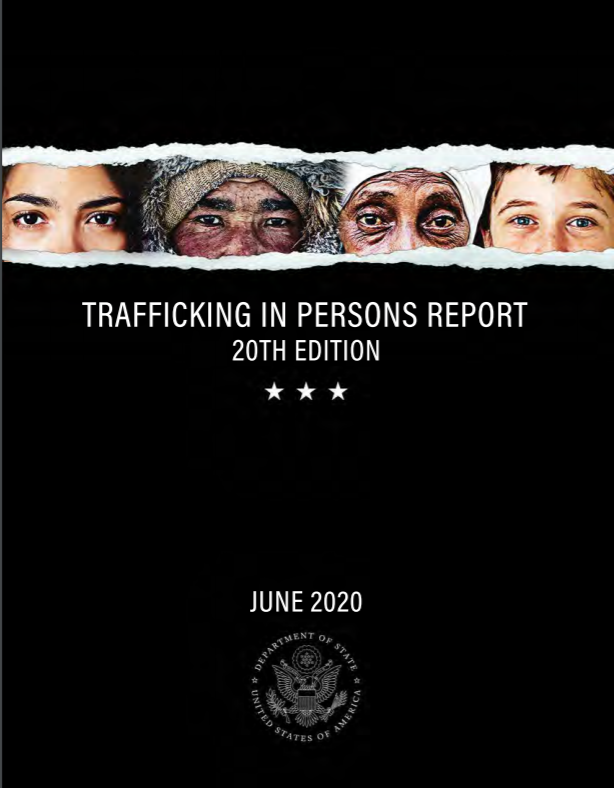Resilience in the Face of Adversity: A Comparative Study of Migrants in Crisis Situations

This report presents the comparative findings of research spanning two years on migrants caught in situations of crisis in a destination country. The research focused on the longer-term socio-economic impacts of these crises on migrants, on their families and on the countries affected by the crisis. It was conducted by
the International Centre for Migration Policy Development (ICMPD), the University of Oxford’s International Migration Institute (IMI) and local research partners in
the fieldwork countries, in the context of the larger European Union (EU)-funded project “Migrants in Countries in Crisis: Supporting an Evidence-based Approach for Effective and Cooperative State Action” (MICIC).That EU-funded project aims to improve the capacity of states and other stakeholders to assist and provide
protection to migrants who find themselves in countries affected by crisis – through in-depth research, consultations with government and other relevant stakeholders and capacity building. With this three-pronged approach, the project contributes to the global MICIC Initiative, a government-led process co-chaired by the governments of the Philippines and the United States. Based on the inputs of states, civil society, international organisations and private sector stakeholders on both the project and the initiative, the MICIC Initiative released its “Guidelines to Protect Migrants in Countries Experiencing Conflict or Natural Disaster”, to help states and other stakeholders respond to the needs of migrants caught in crisis situations. The empirical research described in this report confirms many of the issues raised and policy priorities recommended in these guidelines.
Country
Worldwide
Region
Worldwide
Year
2018
Topics








